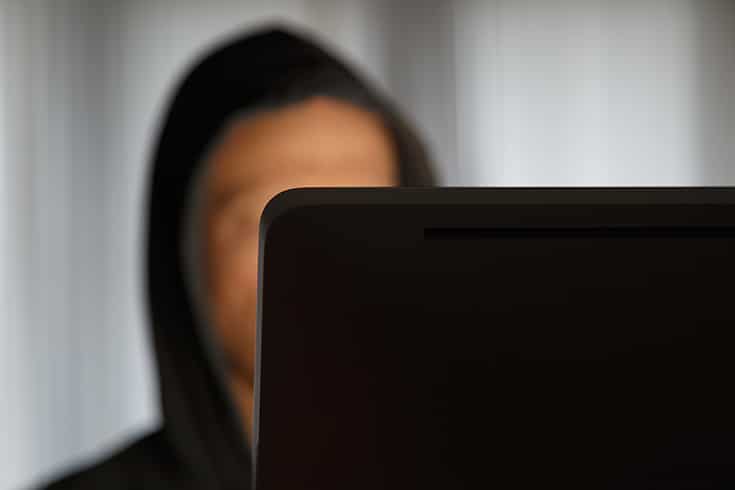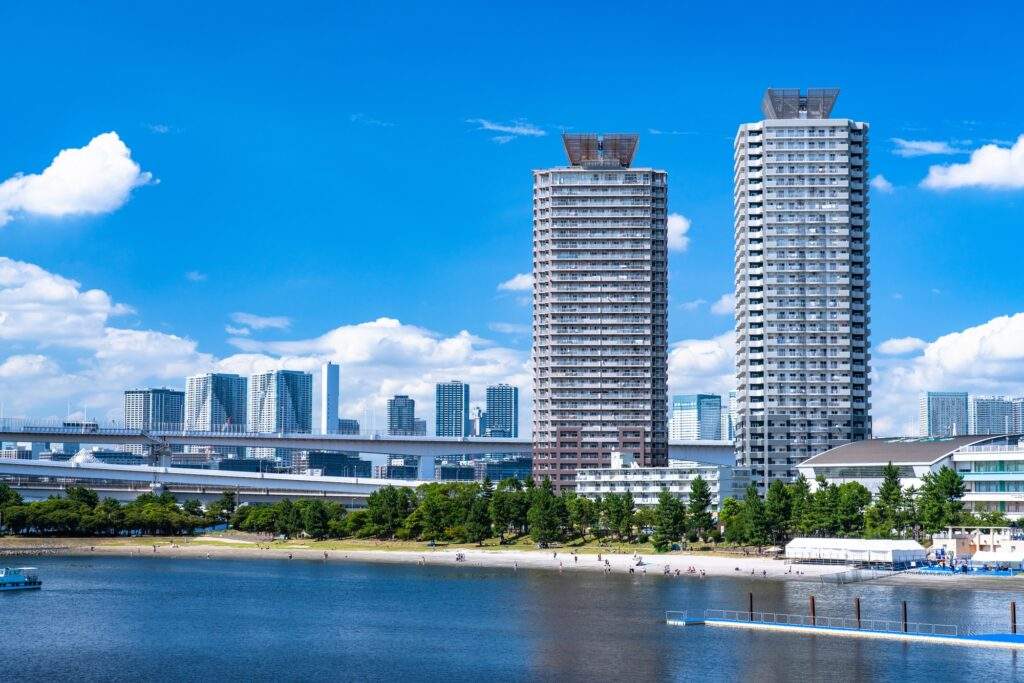When Does a SLAPP Lawsuit Become Illegal? An Explanation Based on Actual Case Studies
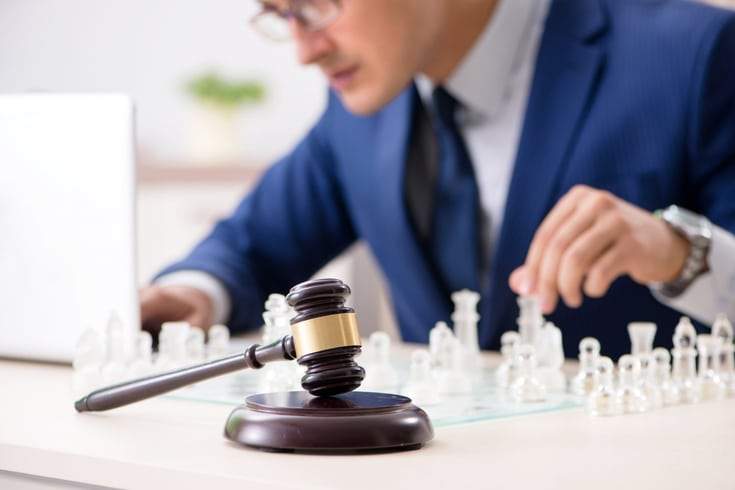
There are cases where lawsuits are used with the intention of silencing the speech of those who criticize oneself. Such lawsuits are referred to as “SLAPP lawsuits”. While these lawsuits may appear legitimate at first glance, they can be unjust, imposing a heavy burden on the defendant, and may be illegal.
On the other hand, the right to a trial is guaranteed by the Constitution, making it extremely difficult to determine whether or not initiating a lawsuit constitutes an illegal act.
In this article, we will introduce court cases where the court has essentially recognized the lawsuit as a SLAPP lawsuit, and provide an explanation about SLAPP lawsuits.
What is a SLAPP Lawsuit?
A SLAPP lawsuit, an acronym for “Strategic Lawsuit Against Public Participation,” is a concept that originated in the United States. While a direct translation would be “strategic civil lawsuit to hinder citizen participation,” it is generally understood as a “lawsuit intended to silence free speech through intimidation.”
In the United States, several states have enacted laws to prevent SLAPP lawsuits. If the plaintiff who initiated the lawsuit cannot prove its legitimacy, the lawsuit is dismissed. Additionally, there are systems in place where the state government supports the defendant, demonstrating a variety of support measures.
On the other hand, the situation is different in Japan. The right to a trial is guaranteed by the Constitution, and it is a principle that courts proceed with lawsuits that have been filed. Furthermore, it can be difficult to distinguish between legitimate lawsuits and SLAPP lawsuits.
When Initiating a Lawsuit Becomes an Illegal Act
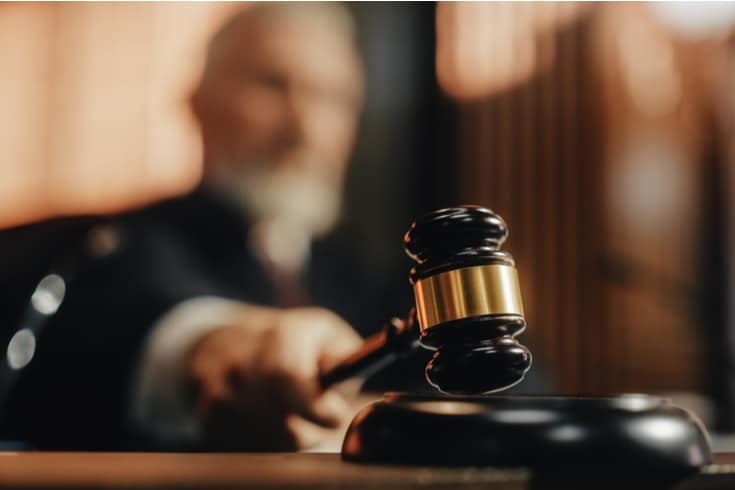
In the 1980s, when the term “SLAPP lawsuit” was not yet known, there was a precedent regarding “illegal lawsuits”.
We will omit the details of the lawsuit here, but prior to initiating a lawsuit, the Supreme Court stated, “The right to seek a final resolution of a dispute in court is a matter of great importance to the foundation of a rule-of-law state, so the right to a trial must be respected to the utmost,” and “It should be stated that the initiation of a lawsuit cannot be deemed illegal solely because the plaintiff received a final judgment of defeat” (Supreme Court, January 26, 1988 (Showa 63)).
Indeed, the right to a trial is an important right that must be respected. However, it is a fact that for those who are sued, they are forced to respond to the lawsuit, pay attorney fees, and are inevitably subjected to economic and mental burdens. It is annoying to be sued without proper investigation, but the Supreme Court stated,
“It is appropriate to understand that the initiation of a lawsuit can be considered an illegal act against the other party only when the rights or legal relations claimed by the plaintiff in the lawsuit lack factual and legal grounds, and the plaintiff, knowing this or easily knowing this if they were an ordinary person, dared to initiate a lawsuit, and the initiation of the lawsuit is deemed to significantly lack appropriateness in light of the purpose of the judicial system.”
Supreme Court, January 26, 1988 (Showa 63)
Thus, the Supreme Court indicated the cases in which the initiation of a lawsuit becomes an illegal act.
Cases Considered as Actual SLAPP Lawsuits
A lawyer who criticized a major cosmetics company’s chairman for lending money to a politician on his blog was sued for defamation by the cosmetics company and its chairman. Subsequently, the lawyer became the plaintiff and claimed that the defamation lawsuit was a ‘Japanese SLAPP lawsuit’, seeking damages for emotional distress.
Origin of the Lawsuit
An exclusive memoir by the president of a certain cosmetics company was published in the magazine “Shukanshincho” released on March 27, 2014. The memoir contained the following content:
The president pointed out that the main cause of the stagnation in the health food market was the increased surveillance by the Japanese Ministry of Health, Labour and Welfare, and he had been supporting Member of Parliament A and others who were calling for deregulation. He received requests for election fund loans from Member of Parliament A twice, in July 2010 and March 2012, and lent a total of 800 million yen. Later, the president broke off relations with Member of Parliament A, but he wanted to question the significance of the loan to Member of Parliament A once again, both to himself and to the world.
This lawyer posted blog articles on March 31, April 2, and April 8 of the same year, criticizing the president of the cosmetics company. The content pointed out that the loan to this politician was an attempt to distort politics in order to pursue the company’s own interests through deregulation, and that the president of the cosmetics company had abandoned Member of Parliament A by publishing this memoir in a magazine because Member of Parliament A did not act according to his wishes.
The president and the cosmetics company claimed that their reputation had been damaged by these blog articles, and filed a lawsuit on April 16 of the same year, demanding a total of 60 million yen in damages from the lawyer. As a result, both the district court and the high court rejected the claims of the president of the cosmetics company, and the Supreme Court decided not to accept the appeal, finalizing the judgment in October 2016.
In May 2017, the lawyer, now the plaintiff, filed a lawsuit against the president of the cosmetics company and others, claiming that the previous lawsuit was a so-called SLAPP lawsuit and an unjust lawsuit, and demanded 6 million yen in damages.
In the following, the lawyer will be referred to as the plaintiff (the appellant in the appeal trial), and the president of the cosmetics company and others as the defendants (the appellees in the appeal trial).
Plaintiff’s Argument
The plaintiff, a lawyer, claimed that the lawsuit brought by the president of a cosmetics company and others was a SLAPP (Strategic Lawsuit Against Public Participation), based on the following grounds:
1. The blog articles that the president and others took issue with were all critiques expressing the plaintiff lawyer’s opinion. It is a well-established precedent that defamation through expression of opinion lacks illegality under the legal principle of so-called fair comment.
2. The lawyer’s critiques all related to the issue of “politics and money,” such as the illegality of a large company that manufactures and sells strictly regulated health foods making opaque and large loans to politicians, and the need for stricter enforcement of the Japanese Political Funds Control Act. These matters are fundamental to democracy, have high public interest, and it was clear that they were for public benefit.
3. The facts underlying the critiques were mainly the facts confessed by the president in a weekly magazine’s memoir, which could easily be recognized by general readers. Other facts were either past facts at the company, or publicly known facts that had been published in newspaper articles, so there was no need to examine whether they were true.
4. Only a very short period of time had passed from the posting of the blog to the defendants initiating the lawsuit, and there was no evidence of sufficient consideration of the prospects of winning the case during that time.
5. At the time the president and others initiated this lawsuit, they had also initiated nine defamation lawsuits against those who had made critical comments about the defendants, almost simultaneously.
For these reasons, the president and others were fully aware that defamation could not be recognized, yet they initiated the lawsuit to suppress speech, the plaintiff argued.
District Court’s Decision: Recognized as an “Illegal Lawsuit”
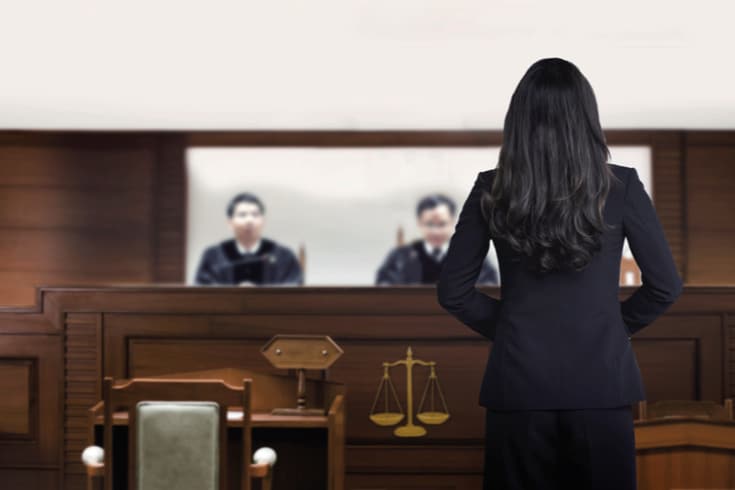
The Tokyo District Court, as the court of first instance, examined the legality of the lawsuit filed by the defendants, citing the Supreme Court precedent of January 26, 1988 (Showa 63).
According to the court, in the lawsuit filed by the defendants, it was evaluated that “the important part of the facts assumed in the blog article of the lawyer who claimed the infringement of rights is recognized as true, it is related to public interests, its purpose is solely to serve the public interest, there is a logical relationship between the assumed facts and opinions or comments, and it cannot be said that it has deviated from the scope of opinions or comments, such as personal attacks, so it was judged to lack illegality.” Furthermore,
It can be said that the claim was filed despite the fact that a normal person could easily know that there is no prospect of the claim being accepted, and it can be said that it lacks significantly in appropriateness in light of the purpose of the judicial system, and it can be recognized as an illegal act against the plaintiff.
When these considerations are combined, it should be said that the filing of the previous lawsuit by the defendants lacks significantly in appropriateness in light of the purpose of the judicial system, and it can be recognized as an illegal lawsuit.
Tokyo District Court Judgment, October 4, 2019 (Reiwa 1)
The court ordered the defendants to pay 1 million yen in compensation for emotional distress and 100,000 yen in attorney’s fees, for a total of 1.1 million yen. The term “SLAPP lawsuit” is not found in the judgment, but it is a decision that falls under the “illegal lawsuit” in the Supreme Court precedent of January 26, 1988 (Showa 63).
The chairman and other defendants were dissatisfied with this and appealed.
Appellate Court Decision: Recognized as ‘Illegal Conduct’
In the appellate court, the appellants, including the president of a cosmetics company, argued that the first instance court’s decision, which stated that an ordinary person could easily recognize whether the illegality was due to the statement of facts or opinions in a defamation lawsuit, clearly contradicts common social sense.
However, the court focused on the fact that the blog article was based on the facts stated in the notes or newspaper articles. Furthermore, it was interpreted that the defendant, a lawyer, was trying to criticize the president and others while speculating on their inner thoughts from the perspective of a healthy relationship between politics and money. Therefore, it was concluded that an ordinary person, and even the president and others, could easily recognize this as the lawyer’s opinion or commentary.
The president and others also mentioned their right to a fair trial under Article 32 of the Japanese Constitution. They stated, “The descriptions in the defendant’s (lawyer’s) blog article are strongly abusive and derogatory towards the appellants (president and others), lowering their social evaluation. If seeking relief from the court constitutes an illegal act, it would unfairly infringe on the right to a fair trial (Article 32 of the Japanese Constitution).”
However, the court stated that, considering the widespread criticism of the issue of “politics and money”, where large amounts of money are provided to politicians by corporations or their executives, which could lead to inducement of benefits for the corporations, it could be recognized as a fair opinion/commentary. Therefore, it was concluded that the president and others could have fully recognized that it did not constitute defamation.
Furthermore, the following points were also raised as illegal acts against the defendant, a lawyer:
- The claim amount is 60 million yen, which is a high amount that could discourage ordinary people from expressing their opinions.
- Instead of countering with speech, they immediately resorted to a lawsuit for a large amount of damages.
- They have also filed nine other damage claims lawsuits around the same time, all of which have been finalized without acknowledging the president and others’ damage claims regarding the defamation part related to this loan.
From these points,
“It is rational to recognize that the appellants initiated the previous lawsuit, etc., intending to stifle criticism against themselves, and even if it is considered an illegal act, it should not be considered as unfairly infringing on the appellants’ right to a fair trial. Therefore, the initiation of the previous lawsuit, etc., by the appellants (the president and others) can be considered as an illegal act against the defendant (the lawyer), as it lacks significantly in appropriateness in light of the purpose of the judicial system, even though an ordinary person could have easily known that there was no prospect of the claim being accepted, yet they dared to file a lawsuit.”
Tokyo High Court judgment, March 18, Reiwa 2 (2020), parentheses added by the author for clarification
The court ordered the president and others to pay a total of 1.65 million yen, including 500,000 yen of the lawyer’s fees from the previous lawsuit and 1 million yen in consolation money, as well as 150,000 yen, which is 10% of the lawyer’s fees for filing this lawsuit to claim these amounts.
Although the word “SLAPP lawsuit” is not used in this judgment, it can be said that the court included SLAPP lawsuits, which are “intended to stifle criticism against oneself”, and “illegal lawsuits” where a lawsuit is filed even though “an ordinary person could easily know that there is no prospect of the claim being accepted”.
The defendant (lawyer) argued that the appellants (president and others) could repeat the same SLAPP lawsuits as the previous one if they were prepared to donate 8.37 million yen (the total of the retainer fees for each court level based on the claim amount of the previous lawsuit and the stamp duty) and 1.1 million yen, the amount accepted in the original judgment, and that preventive effects could not be expected. However, the court stated that the amount of damages should be based on compensatory damages, and it is not appropriate to recognize punitive damages in the hope of preventive effects.
Summary: Consult a Lawyer to Determine if it’s a SLAPP Lawsuit
While anyone can initiate a lawsuit, those filed with the intention of “shrinking criticism against oneself” may potentially be illegal. The aforementioned precedent does not explicitly use the term “SLAPP lawsuit”, but it does indicate the court’s judgment that initiating a lawsuit can sometimes be an illegal act.
Whether a lawsuit is an illegal act depends on individual and specific judgments. Therefore, we recommend consulting a lawyer to determine whether a lawsuit is a so-called “SLAPP lawsuit”.
Introduction to Our Firm’s Measures
Monolith Law Office is a legal office with extensive experience in both IT, particularly the internet, and law. We provide solutions in a wide range of fields.
Category: Internet


